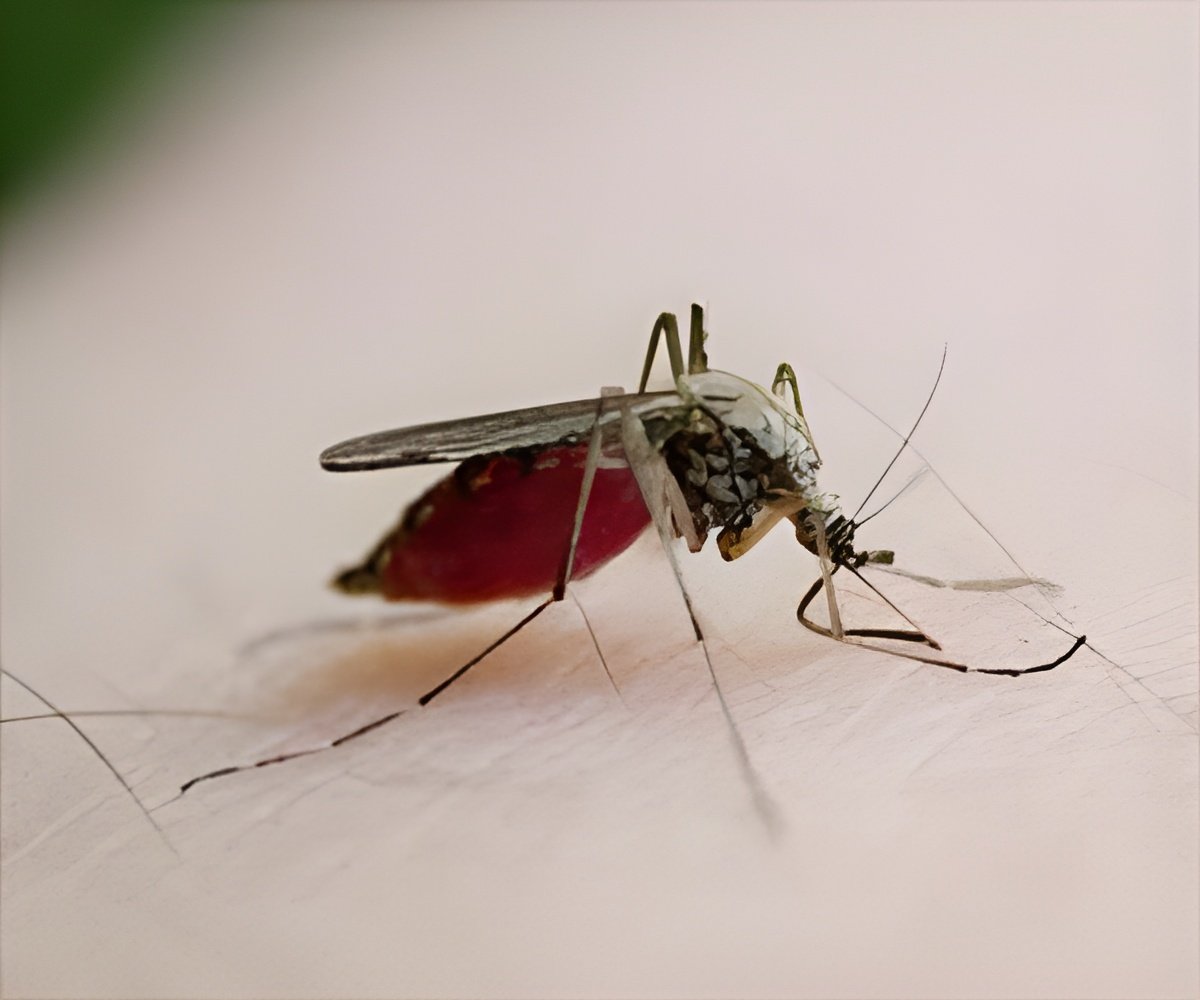Culex mosquitoes act as a vehicle of transmission for roundworms that cause filariasis. Researchers developed new CRISPR tools to control disease transmission by these mosquitoes.

‘CRISPR gene-editing tools can be used to prevent the spread of infectious diseases by Culex mosquitoes. They can be applied to other disease-causing insects as well.’





"My co-authors and I believe that our work will be impactful for scientists working on the biology of the Culex disease vector since new genetic tools are deeply needed in this field," said Gantz, an assistant research scientist in the Division of Biological Sciences at UC San Diego. The cruel ‘Culex’
The culex mosquitoes pose a serious threat to African and Asian countries as they act as a vehicle that transmits roundworms that cause a serious disease called filariasis. The mosquitoes from this species are also known to spread the West Nile virus, Japanese encephalitis virus (JEV), and the Plasmodia that cause avian malaria in birds.
CRISPR tools in action
Since the development of CRISPR tools, there have been many interesting insights into gene drives that focused on inhibiting pathogen-spreading mosquitoes such as Anopheles and Aedes species, which spread malaria, dengue, and other life-threatening diseases.
Advertisement
"These modified gRNAs can increase gene drive performance in the fruit fly and could potentially offer better alternatives for future gene drive and gene-editing products in other species," concluded Gantz.











